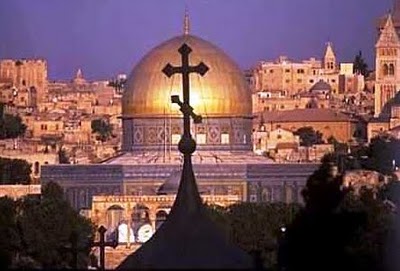Benjamin Netanyahu is a hard man. And he has to be. After all he runs a Jewish state in a Muslim region. He has very few friends and has to deal with an electorate that are as demanding as a hungry two year old. The wait of expectation on him is immense. He is the tip of the sword, the commander in chief and the fall guy should things go pear shaped. Yet, does he have to be such an asshole?
He was recently quoted as saying:
"The IDF and Shin Bet are responsible to the killing of over 1,000 terrorists, we thwarted Hamas' rocket fire, we destroyed the tunnels and terror towers (high-rise buildings). These are unprecedented blows for Hamas,"
These words were uttered during his weekly cabinet meeting at Hof Ashkelon on Sunday. Now, the audience obviously needs to be taken into account when analysing these words. Israelis want positives. They want to know that their country is safe, that their leaders won't take things lying down. These are fair points and aren't there thousands of us in the world (ehem, South Africa) that would love their leaders to grow a spine. Yet, could he have added something else
The IDF may well have killed 1,000 'terrorists' yet they also killed 1,100 civilians (at least). If Bibi was looking towards the future could he not have said something about these casualties? Been a little softer in his tone? Directed some points to the Palestinian people? Offered some sort of olive branch?
It certainly isn't Israel's fault that Hamas load their weapons and direct their foot soldiers to fight from civilian areas so, in a sense, Israel are right when they say that Hamas are responsible for the civilian casualties. But aren't Israel too? They fired the damn missiles after all.
Indeed, the Israeli argument falls flat and serves more to tarnish their international image when they blame Hamas without taking responsibility for their own actions. So we can understand Bibi but please, for the sake of the next generation, isn't it time to extend the hand of peace?






